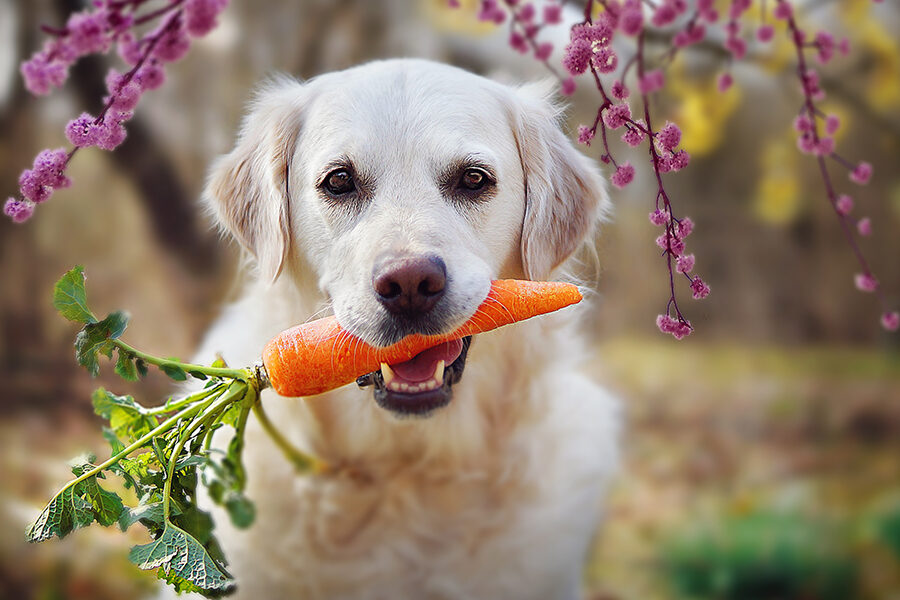Winter is all upon us. It’s time to get the blankets and sweaters out and devour the nutritionally rich seasonal fruits and veggies. Winter is not only a change of season and weather, but it also calls for a change in diet.
Just like humans, even dogs need to get winter-ready. While the coat keeps them warm and prevents them from the cold, as a pet parent, you need to be in charge of your furbaby’s nutritional regime.
Here are some nutrition & diet tips to keep your dog active & agile when the weather turns freezing cold
Keep Your Pooch Hydrated: Since winters are usually dry, there are chances that your dog might not drink sufficient water or stay dehydrated. However, ensure that he drinks enough water to stay healthy. Adding water to some of their food can be a great idea. Always keep a bowl of fresh water accessible to your dog so that he remembers to drink water time and again. For those who stay in hills areas where snowfall is common, keep a watch on your dog. Eating snow can be fatal for your pooch, prevent your pooch from doing so at all costs!
Add Foods Rich in Fatty Acids: Your dog’s coat keeps him warm in the freezing winters. The condition of the coat depends on the nutritional intake. If your tail wagger doesn’t get optimal nutrition, its coat becomes dry and rough. To maintain a healthy and silky coat, fatty acids should be an integral part of your pet’s diet. Consider adding chia seeds, linseeds, and soybean to your dog’s food, as these foods are a rich source of omega-3 fatty acids.
Feed Freshly Prepared Food: Since the temperature in winter is low, the food can easily get cold and lose its nutritional value. Develop the habit of feeding freshly prepared warm food to your dog. This will ensure that the food is digested properly and he also consumes adequate nutrients. You can also add foods rich in Vitamin A to your dog’s diet like milk, carrots, eggs, etc.
Replace Unhealthy Treats with Healthy Ones: Just like humans, even dogs put on weight during the winter months. If you notice your dog gaining weight, it may be time to cut down on carbs and reduce the number of treats you give him. If you can’t do so, at least feed healthy treats that are low in calories and high in protein. Packaged treats like watermelon, steamed broccoli, apple slices, and fresh green peas can be a nutrient-rich, healthy option and also keep your pooch’s weight in check.
Add Calories to Your Dog’s Diet: Some dogs absolutely love winter. It is a season of outdoor activities for them. Those daily walks, playtime, and hurrying in the snow, they enjoy in cold and have a great time outdoors. If your pooch is also this energetic, you should continue this momentum, but also increase the food you feed your dog. You can add an extra portion of food during the day in the form of raw veggies or fruits. If that doesn’t work out, make the existing meals more appetizing by adding more protein to them.
Just like humans, even dogs change their exercise and eating habits. As a responsible pet parent, you must change your furbaby’s diet in winter to give him the best nutrition possible. However, don’t make all the diet changes at once as these may result in digestive issues in your dog and he might even reject the food. Keep making these changes slowly over a few weeks so that your pooch gets used to his new winter routine.







